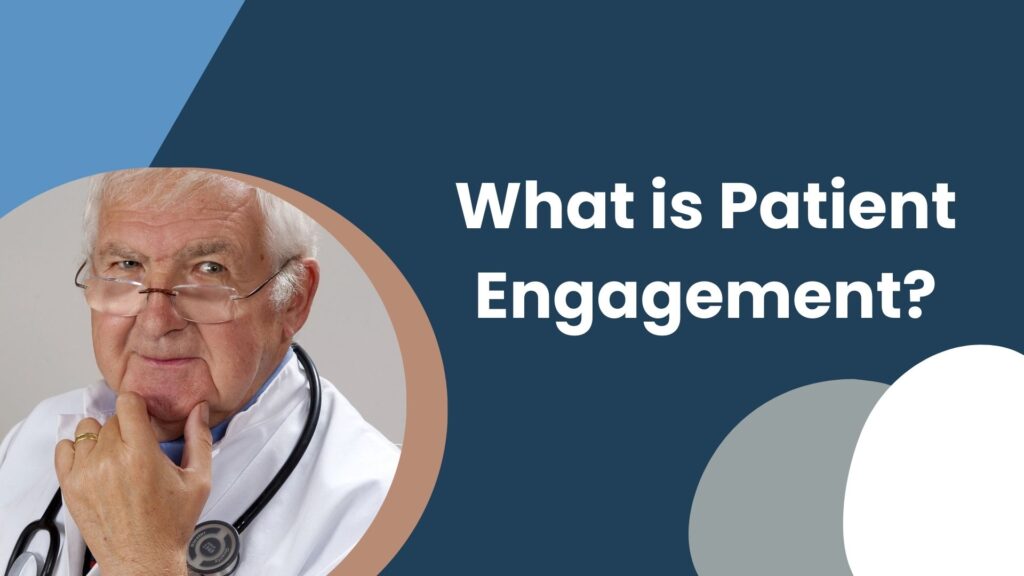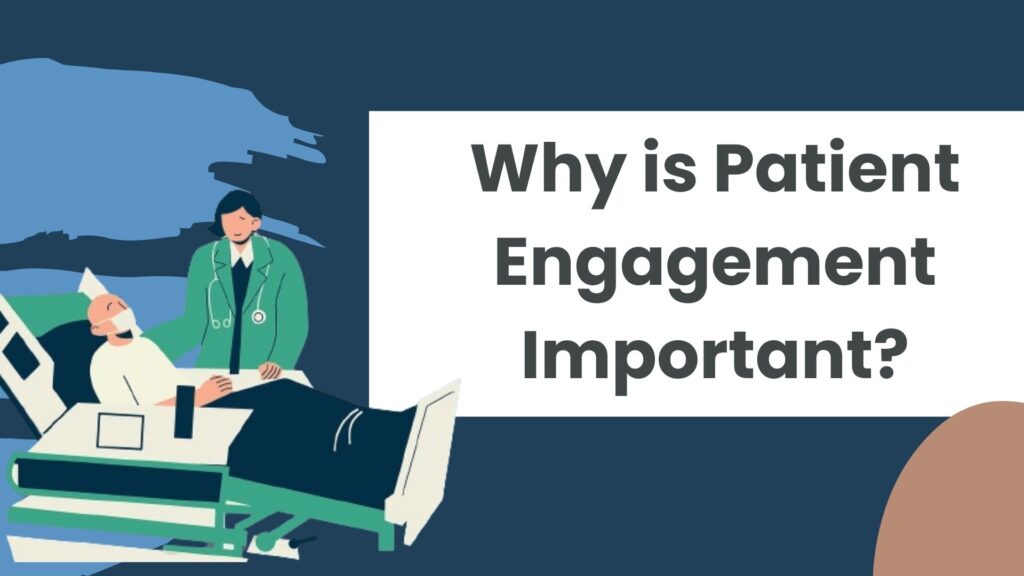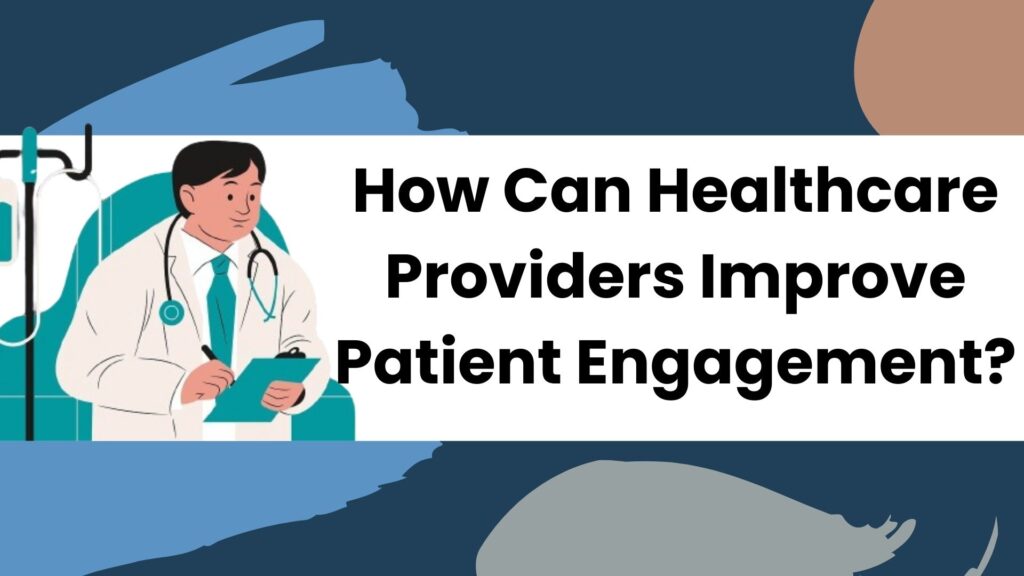This article explores the concept of patient engagement and its benefits for both healthcare organizations and patients themselves.
What Is Patient Engagement?

Patient engagement goes beyond simply visiting a doctor. It’s a collaborative effort between patients and healthcare providers, where patients actively participate in their treatment plans and self-care. It’s distinct from patient activation, which focuses on individual actions patients take to manage their health. Engaged patients, on the other hand, actively participate in shared decision-making and self-management activities, aiming to prevent future health problems, not just address current ones.
Why is Patient Engagement Important?

Research by the Patient-Centered Outcomes Research Institute highlights the two-way benefit of patient engagement. It not only leads to better research outcomes but also empowers patients to take charge of their well-being. Engaged patients are more likely to:
- Adhere to treatment plans: Consistent self-care, like maintaining healthy blood pressure or managing chronic conditions, is crucial for long-term health.
- Embrace preventative measures: Engaged patients are proactive about their health, seeking preventive care and screenings.
- Develop better health literacy: By actively participating in their care, patients gain a deeper understanding of their health conditions.
How Can Healthcare Providers Improve Patient Engagement?

There are several evidence-based strategies healthcare professionals can leverage to boost patient engagement:
- Embrace Digital Marketing: Utilize social media to create informative content that empowers patients to manage their health. This can foster a supportive online community for patients on similar journeys.
- Personalized Communication: Direct mail and emails remain effective ways to connect with patients.
- Patient Education: Offer educational resources to empower patients and make them feel like valued partners in their healthcare journey.
- Digital Patient Engagement Platforms: Leverage online platforms that facilitate communication, track patient progress, and allow remote monitoring.
Telemedicine: Teleconsultations can enhance patient convenience and build stronger doctor-patient relationships.
Investing in Patient Engagement: A Win-Win Strategy

By implementing a well-defined patient engagement strategy, healthcare organizations can cultivate a more motivated and informed patient base. This translates to improved patient outcomes, increased patient satisfaction, and ultimately, a thriving healthcare practice.
Remember, you can measure the effectiveness of your engagement efforts using the Patient Activation Measure (PAM). Encouraging patients to utilize patient portals for communication is another excellent way to boost engagement.
Ready to take your patient engagement to the next level? Partner with a digital healthcare marketing agency to develop a customized strategy that fosters collaboration and empowers your patients to take charge of their health.

